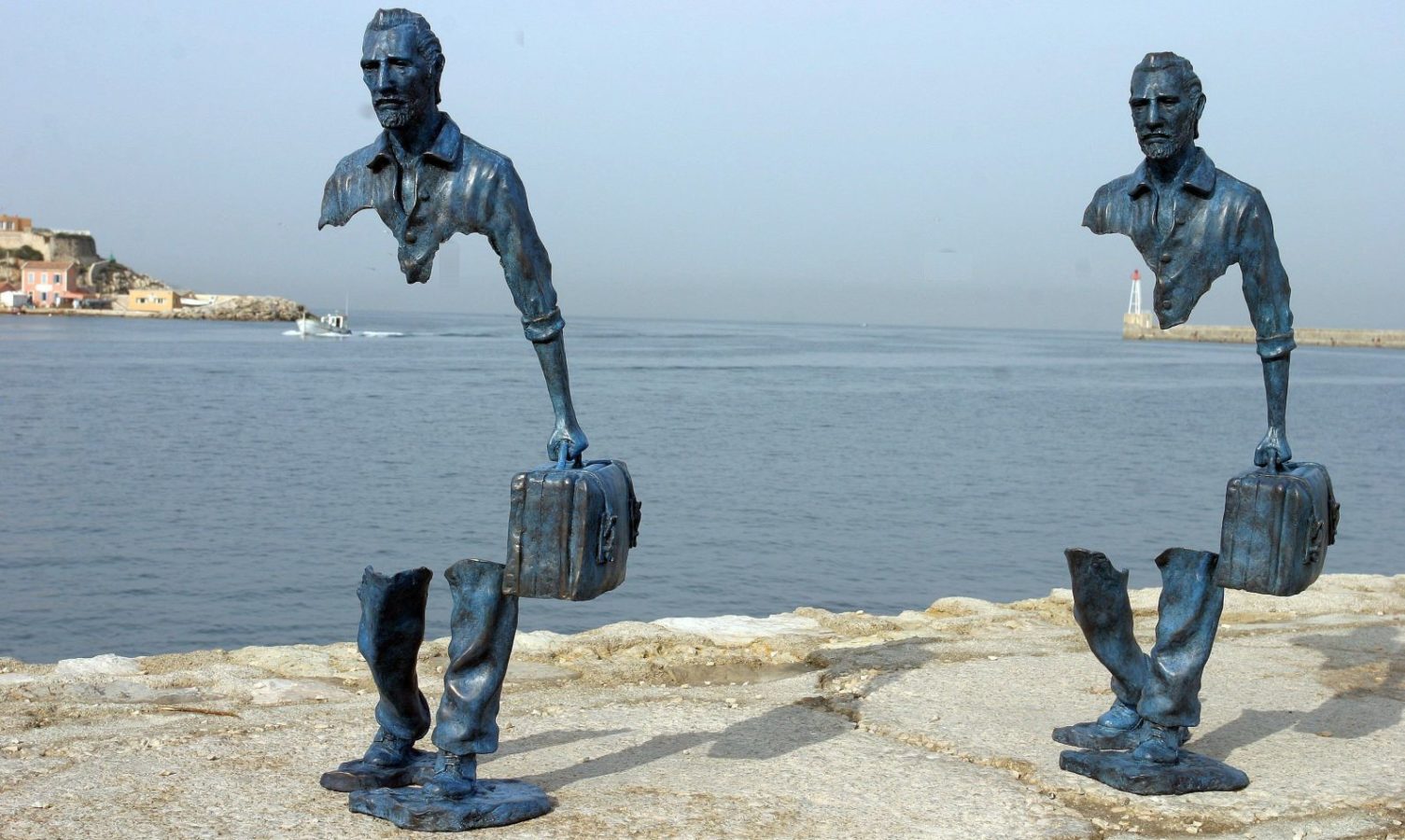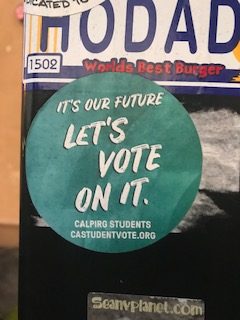
It’s been said that traveling is a great way to escape from everyday life and go on an adventure to explore different cultures, meet new people, broaden your perspective, and discover ourselves. Traveling, in general, has a very good reputation and is very much recommended. Why else would universities invest in a study abroad program?
These sculptures seem to suggest otherwise. Here, we see lone travelers, each carrying a small suitcase. The most striking feature is the omitted portion of the bodies. The sculptures, while interesting to look at, display themes of belonging, home, completeness, emptiness, and the like. They seem to convey that traveling, which most would expect to be fulfilling in some sense, takes away fragments of ourselves. What do we leave behind to gain what traveling offers? While exploring the big, wide world, how much of ourselves do we lose in the process and is that always a good thing?
It is also interesting how the sculpture is made to show how the suitcase eventually becomes its means of support. This detail appears to ask, “Is it possible to travel too much to the point that traveling becomes a crutch?” Does traveling become a bad thing only when we choose to prioritize it over investing in a home, which is our main support system?
Regardless of how these sculptures are interpreted, I see these them as a nice reminder that learning new things and expanding one’s perspective does not always mean that we have to give a part of ourselves away. Instead, learning new things should enhance who we already are, and we can incorporate what we learn to how we currently live to be better people. In this way, these sculptures appeal to both the intellect and the sensual as an eye-catching art piece.


